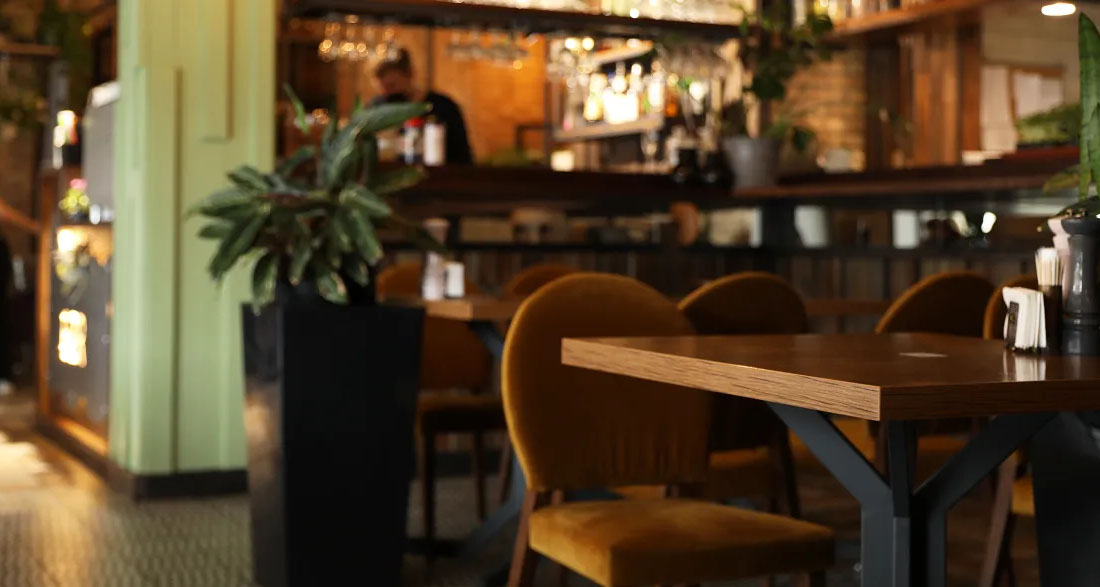A Café, a Rude Mom, and the Power of Sign Language
I’m Dottie, 22, and I’ve been hard of hearing my whole life. My best friend Maya? She’s completely deaf. We’ve been inseparable for seven years, and not once has our different ways of hearing—or not hearing—ever been a problem.
But some people? They just don’t get it.
A Normal Tuesday Turns Wild
Every Tuesday, Maya and I meet at Rosewood Café, our favorite spot. The smell of fresh coffee and cinnamon wraps around us like a cozy blanket. That day, I walked in to find Maya already at our usual table, grinning at something on her phone.
“Finally!” she signed dramatically when she saw me. “I was starting to think you ditched me.”
“Trafficcc,” I signed back, rolling my eyes. “And Mrs. Henderson ambushed me again about the community garden.”
Maya laughed. “That woman needs a hobby that isn’t harassing people about vegetables.”
We fell into our usual rhythm—signing, laughing, and just being us.
The Little Boy Who Thought We Were Cool
Then I noticed him—a little boy, maybe seven or eight, sitting a few tables away with his mom. His eyes were wide, watching our hands move like we were performing magic.
I smiled and signed, “Hello!”
His face lit up. He wiggled his fingers back, trying to copy us.
Maya grinned. “Aww, he’s learning!”
But his mom? Not amused.
She yanked his hands down. “Stop that!” she hissed. “We don’t do that.”
Maya and I exchanged a look. We’d seen this before—people acting like sign language was something to be ashamed of. But usually, they just ignored us.
This lady? She was angry.
The Mom Who Thought Sign Language Was “Aggressive”
She stormed over to our table, her son trailing behind, looking embarrassed.
“Excuse me,” she said in that fake-polite voice people use when they’re about to say something awful. “Could you stop doing… that?”
I blinked. “Doing what?”
“The hand-waving! It’s distracting my son. And honestly, it looks aggressive.”
My stomach dropped. Maya’s hands froze mid-sign. The whole café went quiet.
“You mean sign language?” I said, my voice steady.
“I don’t care what you call it!” she snapped. “It’s inappropriate. My son shouldn’t have to see this kind of… display while he’s eating.”
I could feel everyone staring. My face burned, but I wasn’t backing down.
“Actually,” I said, “this is a great chance to teach your son that people communicate in different ways. It’s called inclusion.”
She scoffed. “Oh, spare me the lecture! Everyone wants to be special these days. It’s selfish!”
Maya squeezed my hand under the table. She couldn’t hear the words, but she felt the hostility.
The Waiter Who Became Our Hero
Then—James, one of the café’s regular waiters, stepped in. Coffee pot in hand, he looked at the woman like she was a bug he’d found in the sugar.
“Everything okay here?” he asked calmly.
“No!” the woman huffed. “These two are making a scene with their hand gestures. It’s disturbing everyone!”
James didn’t even blink. “Ma’am, the only one causing a disturbance is you.”
Her mouth dropped open.
“Sign language isn’t disruptive,” he continued. “It’s how some people communicate. You’re the one harassing customers for no reason.”
I could’ve hugged him.
The Little Boy Who Stood Up for Us
The woman turned bright red. “This is ridiculous! Come on, Tyler, we’re leaving.”
But Tyler—brave little Tyler—pulled away.
“Mom,” he said, loud enough for everyone to hear, “why are you being mean? They weren’t hurting anyone.”
The café erupted in quiet applause.
Tyler turned to us, nervous but determined, and signed: “I’m sorry.”
Maya’s face softened. “Thank you, sweetheart. You did nothing wrong.”
Then, before his mom could drag him away, he asked, “Can you teach me ‘friend’?”
Maya showed him. Tyler copied, grinning. “Friend!”
His mom yanked him toward the door, but not before he signed it one last time—just for us.
The Aftermath: Cookies & Kindness
James brought us a plate of free chocolate chip cookies—fresh from the oven.
“Sorry you had to deal with that,” he said. “Some people just don’t get it.”
“Thank you,” I said, my voice shaking. “You didn’t have to do that.”
He smiled. “Yeah, I did. My brother’s deaf. I know how it feels.”
Maya squeezed my hand. “You okay?”
I nodded. “Yeah. We won.”
The Lesson: Different Doesn’t Mean Wrong
As we left, I thought about Tyler—how he saw beauty where his mom saw something to fear.
The world is full of people who don’t understand. But it’s also full of people like James, like Tyler, like the strangers in the café who clapped for us.
People who remind us: Being different isn’t wrong. It’s just being human.
Maya signed as we stepped into the sunlight: “Same time next week?”
I grinned. “Wouldn’t miss it.”
And we walked away, hands moving freely, unafraid. Because no one gets to tell us how to exist.

